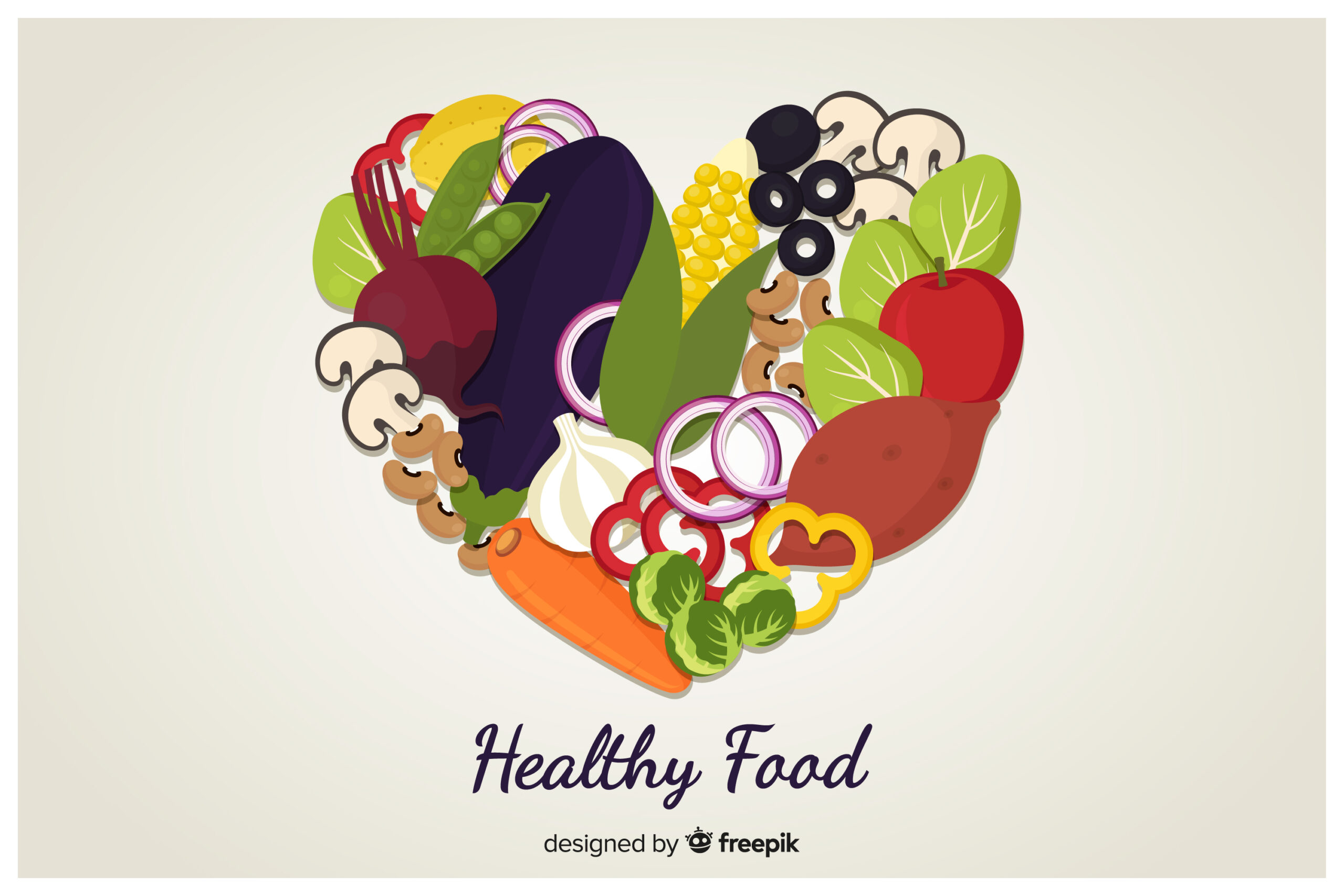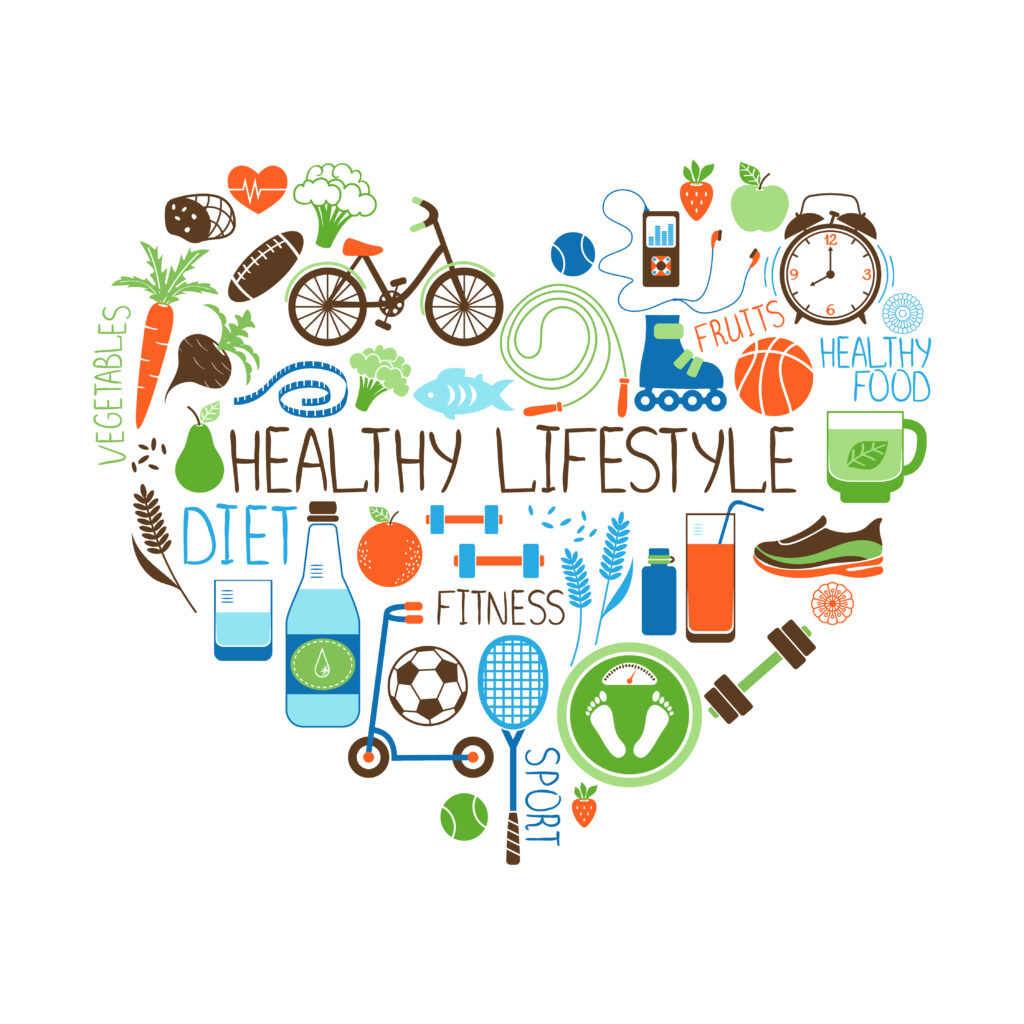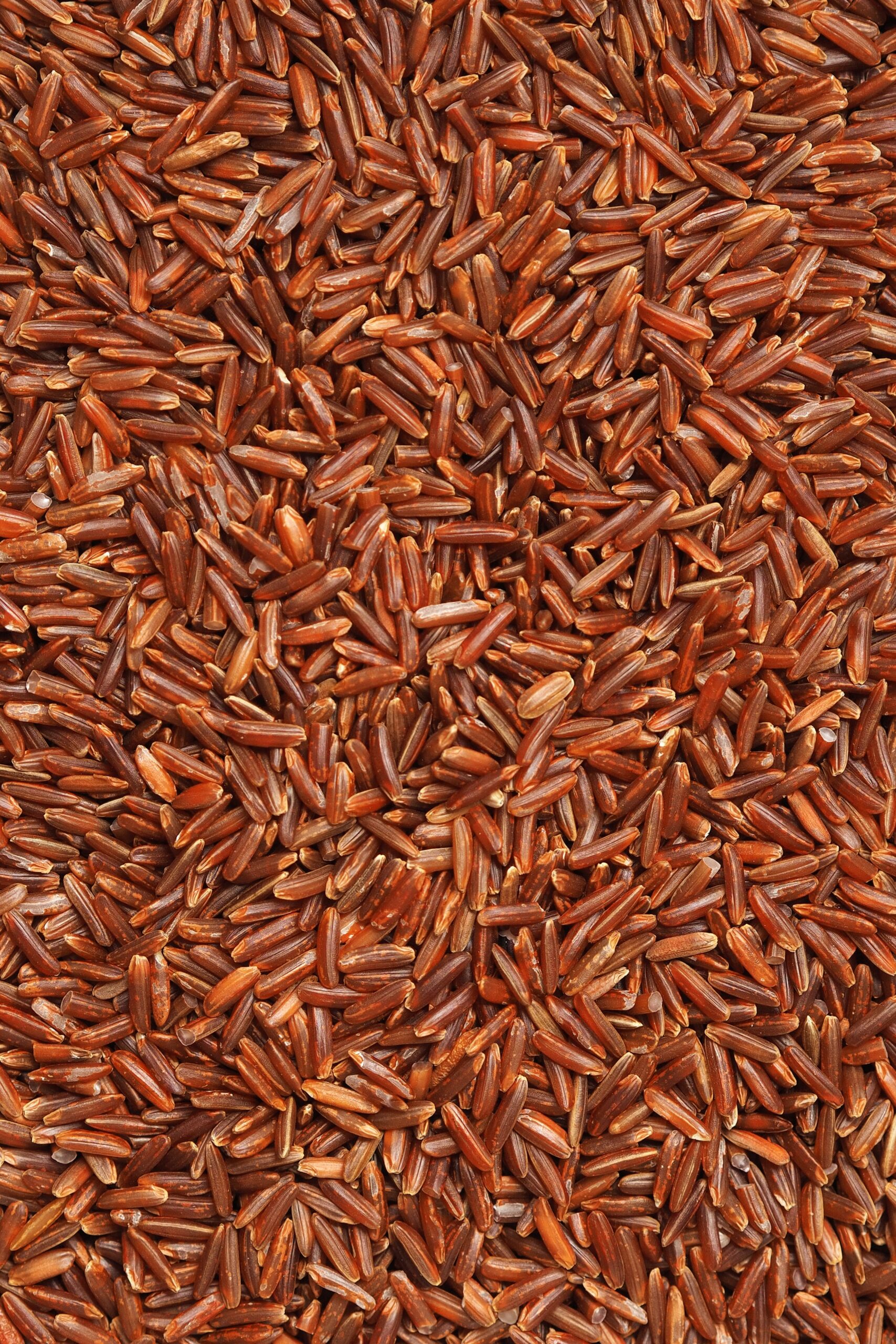When it comes to maintaining a healthy cholesterol and lipid profile, your diet plays a crucial role. Incorporating the right foods can help lower bad cholesterol (LDL) levels and improve your overall heart health. Here are some top food choices to consider:
- Oats and Whole Grains: Start your day with a bowl of oatmeal or whole-grain cereal. These foods are rich in soluble fiber, which can help lower LDL cholesterol levels.
- Fatty Fish: Cold-water fatty fish like salmon, mackerel, and trout are excellent sources of omega-3 fatty acids. Omega-3s have been shown to reduce triglyceride levels and promote heart health.
- Nuts: Almonds, walnuts, and pistachios contain healthy fats, fiber, and plant sterols that can improve lipid profiles. Just remember to consume them in moderation due to their calorie content.
- Legumes: Beans, lentils, and chickpeas are high in soluble fiber and protein. They can help lower LDL cholesterol and improve blood sugar control.
- Fruits and Vegetables: Colorful fruits and vegetables are packed with antioxidants and fiber. Berries, citrus fruits, apples, and leafy greens are particularly beneficial for heart health.
- Avocado: Avocado is rich in monounsaturated fats, which can help raise HDL (good) cholesterol while lowering LDL levels.
- Olive Oil: Replace saturated fats with heart-healthy olive oil in your cooking. It’s a great source of monounsaturated fats and antioxidants.
- Soy Products: Foods like tofu, tempeh, and soy milk contain plant compounds called phytosterols that can lower LDL cholesterol levels.
- Dark Chocolate: Dark chocolate with a high cocoa content (70% or more) contains flavonoids that may have a positive impact on heart health.
- Green Tea: Green tea is rich in antioxidants called catechins, which may contribute to improved lipid profiles.
Remember that a heart-healthy diet is just one aspect of maintaining good cholesterol and lipid levels. Regular physical activity, weight management, and avoiding smoking are also essential for optimal cardiovascular health. As always, it’s a good idea to consult with a healthcare professional or registered dietitian before making significant changes to your diet.
(Note: The provided information is for general guidance. Individual dietary needs and health conditions may vary, so personalized advice from a healthcare professional is recommended.)



